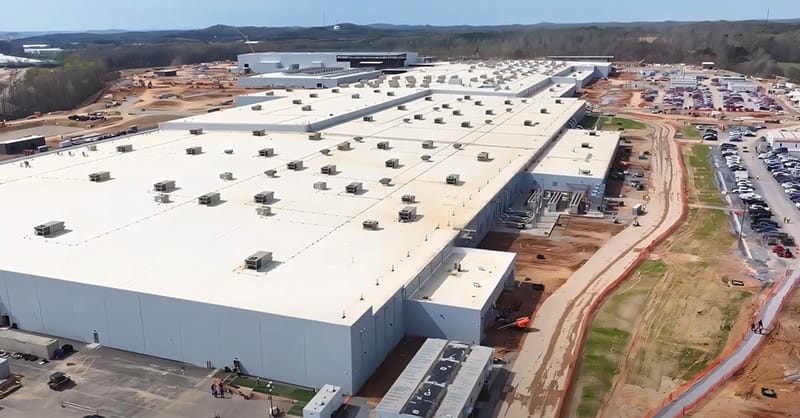Green Industry Trembles: Trump's Policy Blitz Threatens Clean Energy Manufacturing Boom

The industrial landscape is experiencing significant disruption as companies grapple with uncertainty surrounding federal funding promises. Several manufacturers have been forced to halt or completely abandon their factory expansion plans due to the mounting confusion and unpredictability in government support.
These businesses, which had strategically positioned themselves to leverage federal investment, now find themselves caught in a complex web of bureaucratic challenges. The sudden shift has left many companies reassessing their growth strategies and reconsidering major infrastructure investments.
The ripple effects are already visible across various sectors, with firms reluctantly putting ambitious projects on hold. This unexpected pause threatens to slow economic momentum and potentially impact job creation and technological advancement.
As the funding landscape continues to evolve, manufacturers are being compelled to adapt quickly, seeking alternative financing options and exploring more flexible approaches to their expansion plans. The current situation underscores the critical importance of stable and predictable government support for industrial development.

